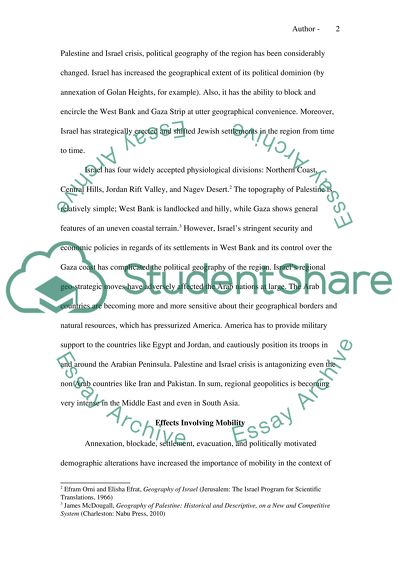Cite this document
(“Palestine and Israel crisis and its effects on U.S. Arab relations Essay”, n.d.)
Retrieved from https://studentshare.org/geography/1428040-palestine-and-israel-crisis-and-its-effects-on-us
Retrieved from https://studentshare.org/geography/1428040-palestine-and-israel-crisis-and-its-effects-on-us
(Palestine and Israel Crisis and Its Effects on U.S. Arab Relations Essay)
https://studentshare.org/geography/1428040-palestine-and-israel-crisis-and-its-effects-on-us.
https://studentshare.org/geography/1428040-palestine-and-israel-crisis-and-its-effects-on-us.
“Palestine and Israel Crisis and Its Effects on U.S. Arab Relations Essay”, n.d. https://studentshare.org/geography/1428040-palestine-and-israel-crisis-and-its-effects-on-us.


